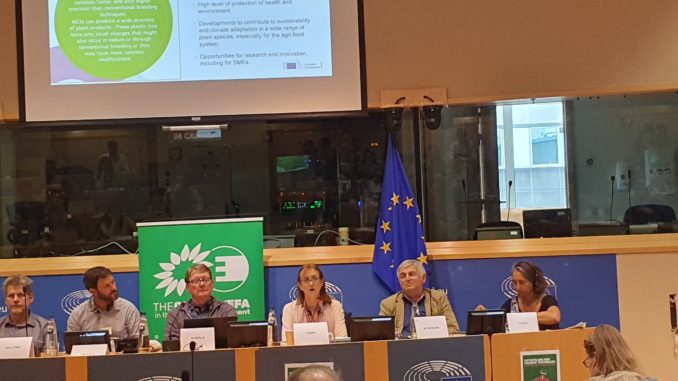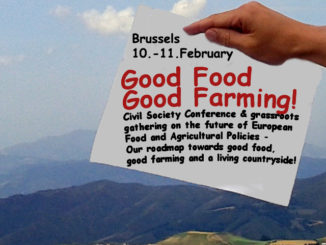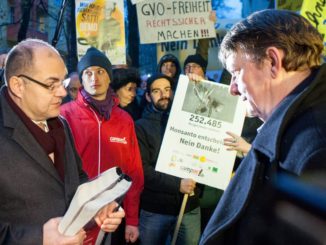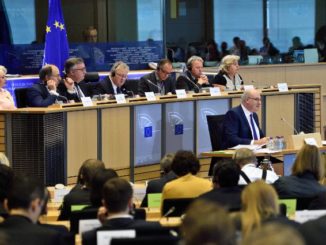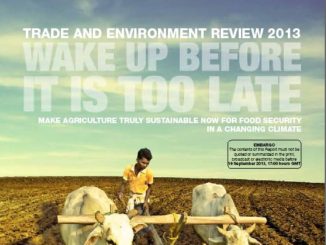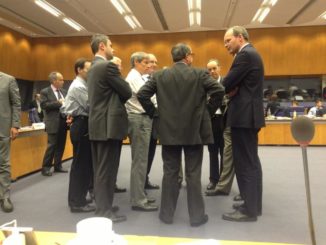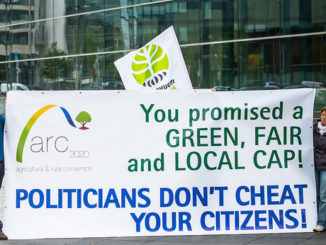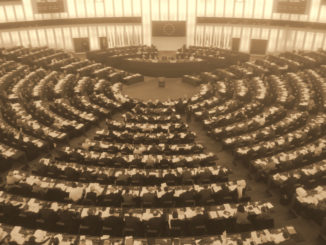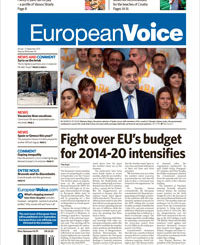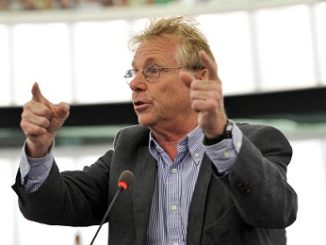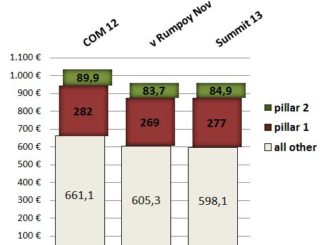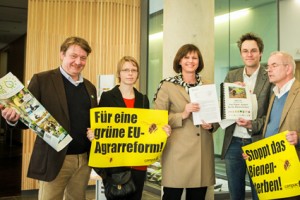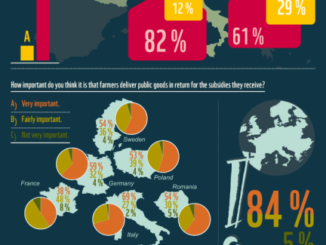EU agriculture budget must favour healthy foodstuff, not chronic disease in the form of tobacco subsidies Brussels, 4 March – In the run up to next week’s European Parliament (EP) vote on the 2014-2020 EU Common Agricultural Policy (CAP), national delegations from the three largest political groups in the EP (1) are set to decide their negotiating mandate for the agriculture funds: a budge heading that will consume 38 percent of the next seven-year EU budget. The European Public Health Alliance (EPHA) calls on Europe’s political ‘families’ not to support the return of coupling subsidies to tobacco production. “Pumping taxpayer’s money to a harmful industry once more is a step backwards for Europe, and does nothing to support efforts to move farmers from producing one of Europe’s greatest killers, to a more sustainable crop, ” said Monika Kosińska, Secretary General of EPHA. Following the entry of the Lisbon Treaty in 2007, the CAP is, for the first time, decided on equal footing between the EP and the European Council. It is high time for Members […]
